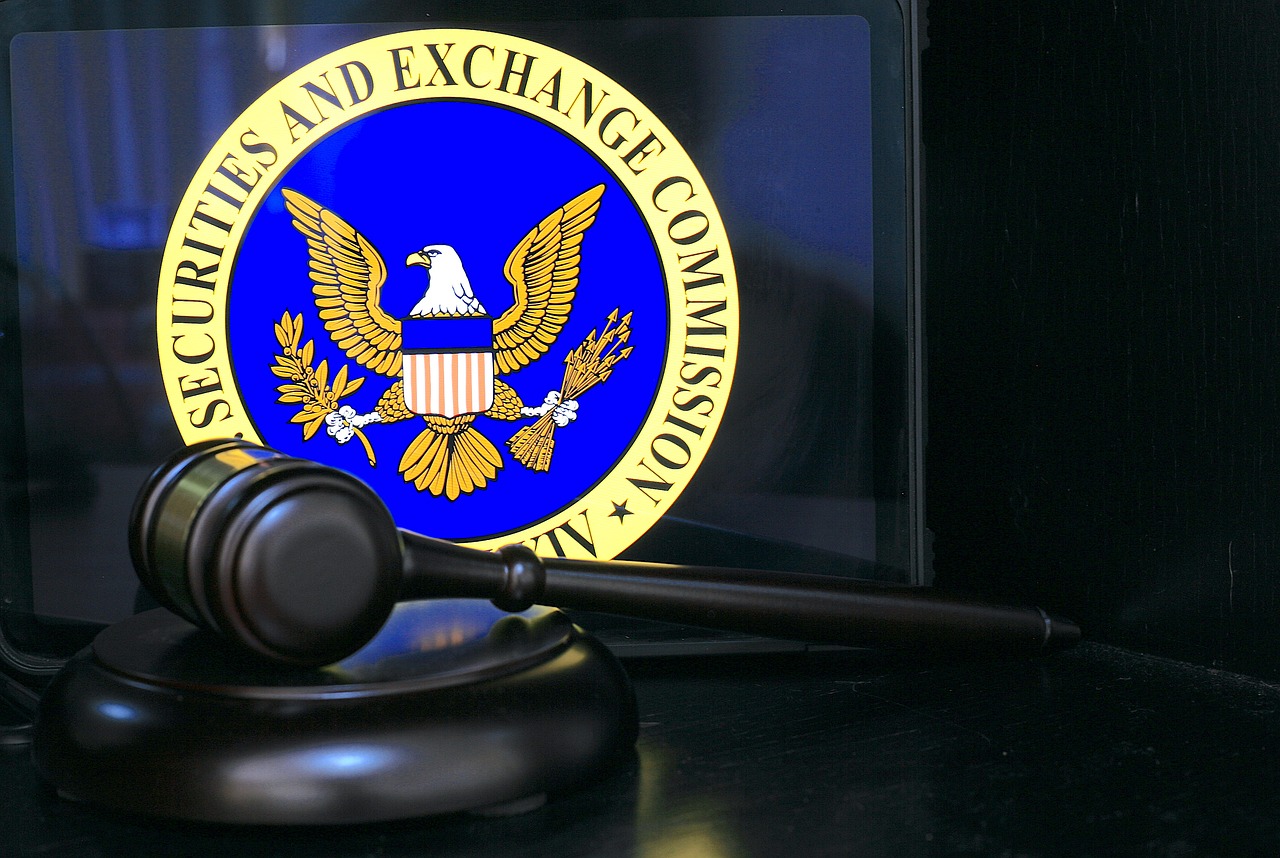As the U.S. Securities and Exchange Commission investigated the Ethereum Foundation, the status of Ethereum, the world’s second largest cryptocurrency, became unclear.
Industry insiders believe the investigation aims to classify Ethereum (ETH), Ethereum’s native token, as a security, a move that could have a major impact on the cryptocurrency market.
Ethereum Regulatory Landscape: Recent Developments
This development comes amidst a flurry of activity surrounding Ethereum. Major financial institutions such as BlackRock and Fidelity have applied for spot Ether ETFs, and the controversial Prometheum is seeking to offer Ether custody under SEC supervision. But the SEC’s recent actions have cast a shadow over these efforts.
The companies subpoenaed by the SEC said the investigation began shortly after Ethereum switched to a proof-of-stake model in September 2022.
According to a report in Fortune, the SEC may see this change as strengthening its argument that Ether is a security. This is because proof-of-stake involves users staking coins to verify transactions, potentially similar to an investment contract.
The SEC’s position on Ethereum classification has historically been ambiguous. In 2018, then-corporate finance director William Hinman declared that Ethereum was not a security. But Gary Gensler, the agency’s current chairman, expressed more skepticism. He avoided mentioning Ethereum directly but suggested that proof-of-stake tokens could become securities.
Adding to the confusion, the SEC approved several Bitcoin futures ETFs in January 2023, while the Commodity Futures Trading Commission (CFTC) oversees the Ether futures market. These seemingly contradictory approaches suggest that the SEC may have different views on Bitcoin and Ethereum.
Ethereum price action. Chart: TradingView
What does Ether security classification mean?
It’s Prometheum’s move that muddies the waters further. The company, which has already been approved as a special purpose broker-dealer, plans to offer Ethereum custody as collateral. Some speculate that this may be a strategic ploy to influence the SEC’s decisions and could potentially serve as a “Trojan horse” for security classification.
The survey results have great significance. Classifying Ether as a security could subject it to stricter regulations, potentially hindering its growth and impacting the existing Ether futures market. It could also hinder the approval of spot Ether ETFs, which would significantly hurt institutional adoption.
This situation highlights the ongoing regulatory uncertainty surrounding cryptocurrencies. The SEC’s aggressive approach, led by Gensler, appears aimed at exerting greater control over the industry. However, the lack of clear communication and potential inconsistency within the SEC creates confusion and stifles innovation.
The next few months will be critical for Ethereum. The SEC’s investigation and final decision on Ethereum’s classification will have ripple effects throughout the cryptocurrency market. Investors and industry players are eagerly awaiting clarity, hoping for a regulatory framework that promotes responsible development within the cryptocurrency ecosystem.
Featured image from Pixabay, chart from TradingView

